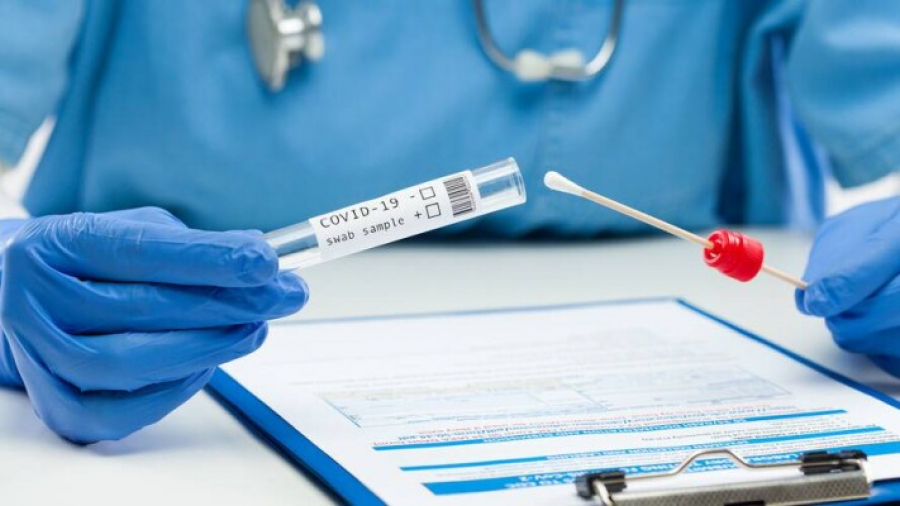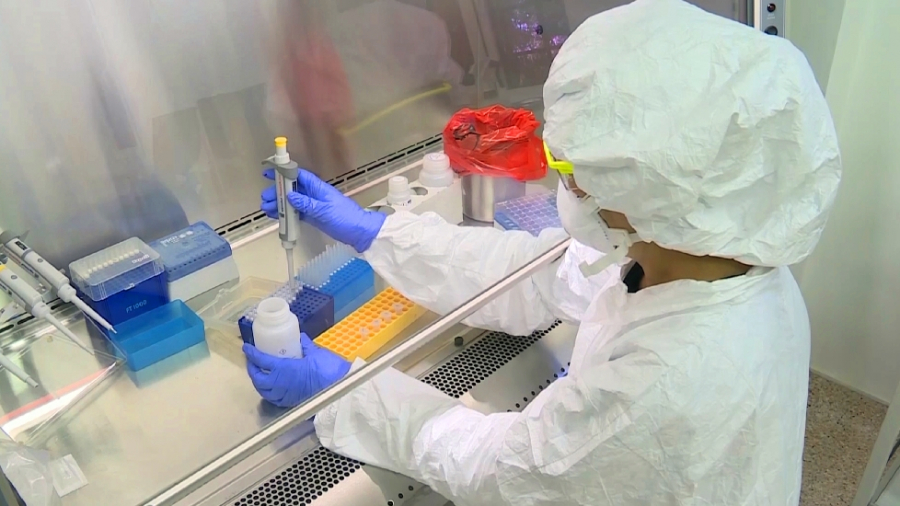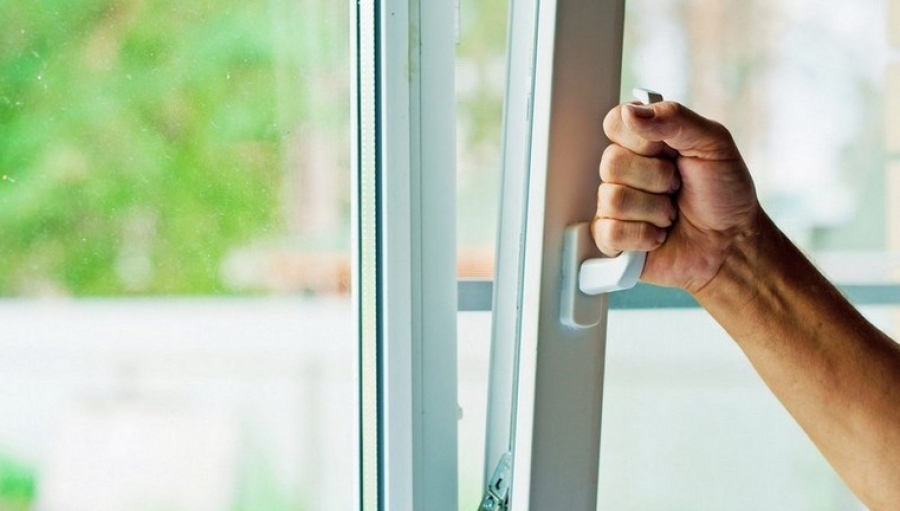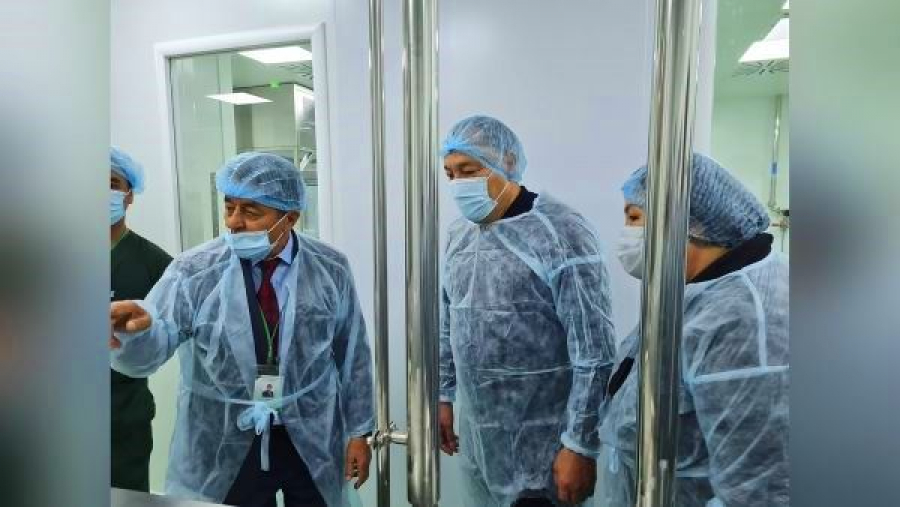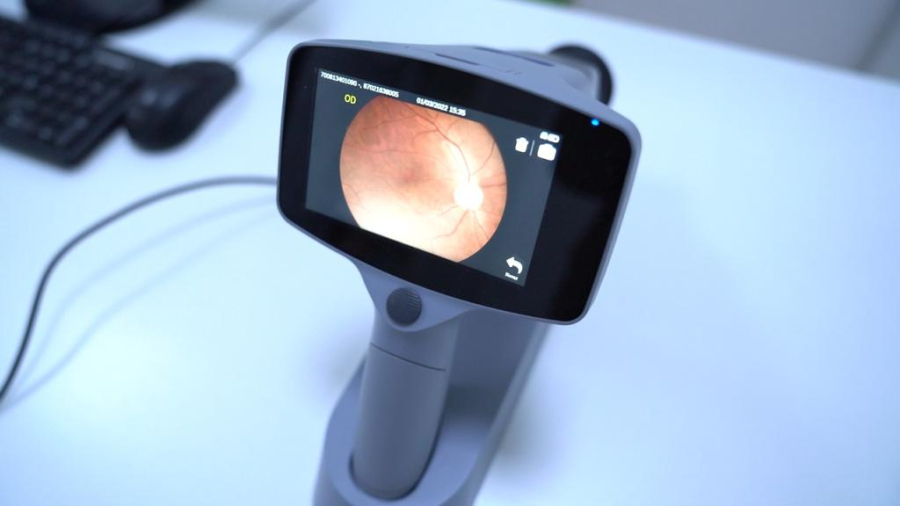
Kazakh scientists and researchers have developed a unique software for the remote diagnosis of diabetic retinopathy. It is 90 percent accurate at detecting fundus diseases. According to the developers, the new digital method of screening is more objective in comparison with a manual examination. Also, it saves time and resources of doctors and patients. Fundus photography can be performed even by nursing staff in remote villages. At the same time, ophthalmologists can provide a statement while staying in the district or regional centre. Then, it is recorded in the patient’s electronic health passport.
“The system uses a handheld camera, which nurses use for fundus photography. It is put into the system, and then an artificial intelligence algorithm recognizes the presence of any degree of diabetic retinopathy,” said scientist Yerkebulan Zhanibekuly.
“A new camera was brought in our health center in April this year. A total of 400 people tested the device, which can prevent the disease, detecting the diabetes complications. We have many patients coming, the device shows results in 10 minutes,” nurse Nazym Abdykassymova said.
The system has already been implemented in 17 public and private hospitals in Astana and Almaty cities, as well as in the North and East Kazakhstan, Turkistan, and Akmola regions. According to the International Diabetes Federation, as of 2021, a total of 537 million people live with diabetes all over the world. In Kazakhstan, this figure amounts to around 400,000.




